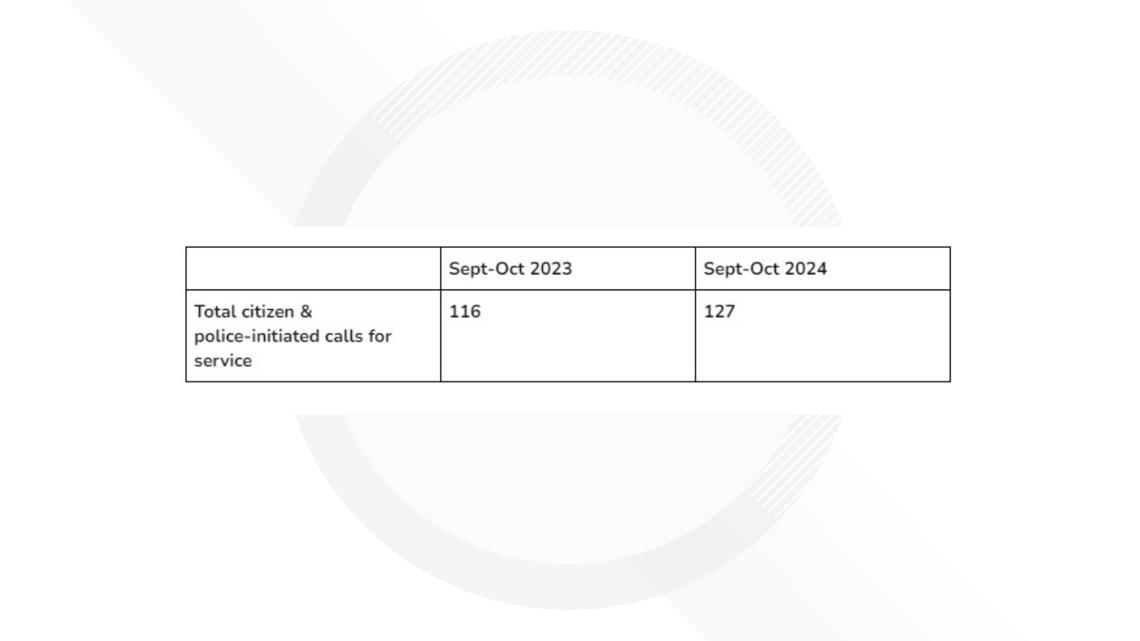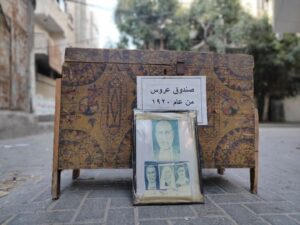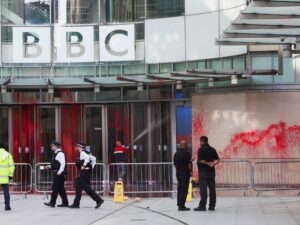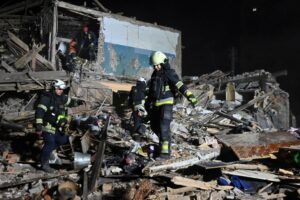The Denver Police Department hasn’t provided clear data on the effectiveness of the policy.
DENVER — In September, Denver Police implemented a new exclusion zone aimed at curbing violence in Lower Downtown by banning food trucks from parking in the area during peak hours. While officials haven’t provided clear data on the effectiveness of the policy, food truck operators are voicing concerns over declining sales. Some are warning they may be forced to shut down.
For Jigo Tiger, owner of Amore Pizza, this isn’t the first time food trucks have been sidelined due to crime concerns. He’s been operating his food truck downtown for 13 years.
“If there is a shooting, they come close the food trucks. If there is a fight, they come close the food trucks. They don’t close the nightclubs. They don’t close the bars… They have to blame something. Who’s the easy target? It’s the food truck,” he said.
9NEWS asked the Denver Police Department (DPD) for crime data, which showed there were 11 fewer calls for service in the area during the same September-October period last year when food trucks were still allowed to park.


In a statement to 9NEWS, DPD said the exclusion zone “has alleviated the congestion that crowds caused and appears to have reduced some of the issues that cause some of these violent incidents.”
DPD emphasized that the exclusion zone “is not a ban” and declined to provide specific data on crime reduction.
Before the exclusion zone, Tiger parked his truck at 20th and Market Street, working Friday through Sunday nights. Those peak hours, he said, accounted for 90% of his sales. On a good night, Tiger estimates he would serve up to 1,000 customers.
“People go downtown on the weekend to party, and I’m there every weekend, so it’s a party, and working at the same time, it’s fun. Talking to people, working fast, it makes the time go by, and I don’t get bored,” he said.
Now, business is dwindling. Tiger said he occasionally gets one patron every other hour.
DPD has recommended that food trucks relocate to areas on the outskirts of downtown, where the department said there are wider sidewalks and less congestion.
“When you have a drunk guy coming out from the bar, he’s not going to walk all the way two, three blocks, especially in the winter,” said Tiger.
With each slice of pizza priced at $4 to $5, Tiger said he relies on high customer volume to cover costs. And with the lack of reliable locations, it’s made it difficult to plan his operations.
“We’re struggling to pay people right now. Even the workers or sometimes even the parking. It’s hard,” he said. “You wake up in the morning. You don’t know if you’re gonna work or not.”
Several food truck operators, including Tiger, are now struggling to stay afloat. Some have moved out of the city entirely, while others are considering closing down.
Tiger said that while he’s weathered challenges over the years, for him, this exclusion zone has been the worst move by the police — by far. To stay afloat, he’s been catering events and is considering adding new menu options in hopes of boosting sales.
Despite the challenges, Tiger remains hopeful. “I never give up. I have hope.”
In a statement to 9NEWS, DPD encouraged food truck operators to reach out with concerns, saying they want “to come together to find a solution that works for everyone all while ensuring the safety of people enjoying what LoDo has to offer.” Tiger, however, claims he’s called DPD multiple times without receiving a response.










More Stories
One journalist killed every four days in 2022-23, most cases unpunished: UN
Terrified, starving, crushed: The agonising death of my grandfather in Gaza
Over 100 staff accuse BBC of bias in coverage of Israel’s war in Gaza